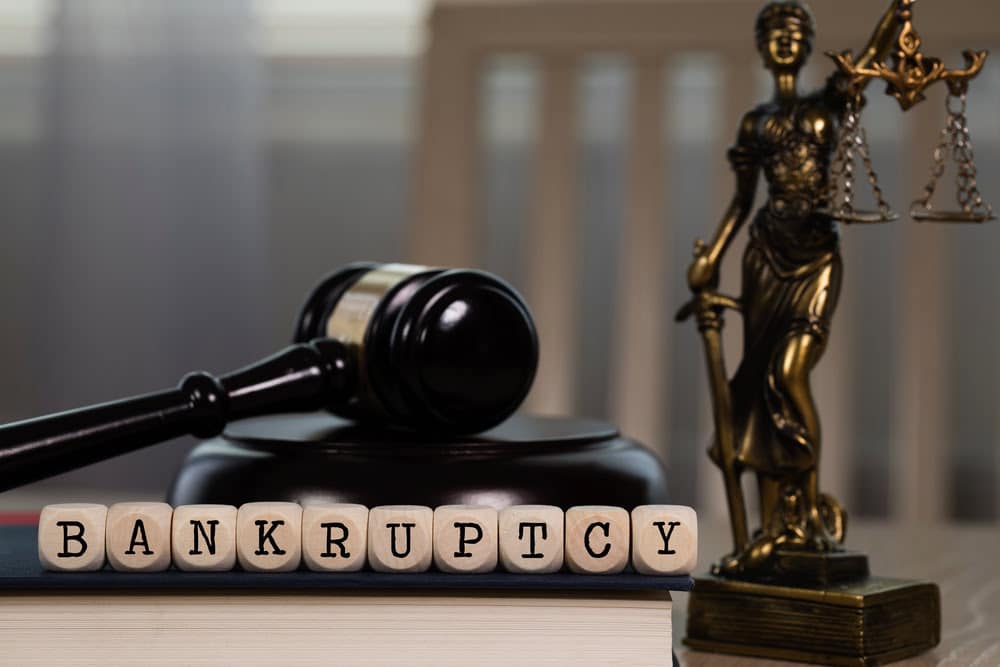The Bankruptcy Code allows individuals and businesses overwhelmed by debt the opportunity to start afresh by filing for bankruptcy. While it can offer financial relief, it’s not a decision to take lightly as it comes with far-reaching consequences. Many people may have considered bankruptcy as an option to handle their debts, but prefer to exhaust every other option first.
If your financial situation is getting complicated and you’re considering bankruptcy, you need an experienced attorney to help you determine if it’s right for you.
Here are the reasons why bankruptcy is considered as the last resort when it comes to handling debts.

You Need to Pass the Means Test
The Bankruptcy Abuse Prevention and Consumer Protection Act (BAPCPA) passed by Congress made bankruptcy filing more stringent, lengthy, and difficult to complete. Today, if you decide to file for bankruptcy, you are required to take the means test to determine your current financial standing and your ability to repay your debts. You need to pass the test as well as attend credit counseling to begin filing for bankruptcy.
Impact on Your Credit
Filing for bankruptcy can impact your credit score negatively. The better the score is before filing, the bigger the drop once the order is entered. Chapter 7 remains on the credit report for up to 10 years from the date of filing and 7 years for Chapter 13. That said, the impact lessens with time and you can always rebuild your credit after bankruptcy.
Your Personal Information is Made Public
Under oath, you are required to list all your property without exception. These documents become public records. As such, anyone, including your potential clients, future employers, family, and neighbors can access them. Not to mention that people who share the responsibility for your debt including co-signers or business partners will also be impacted.
Decreased Access to Credit
As soon as you file bankruptcy, notice of the filing is sent to credit bureaus and large creditors and this may affect your ability to obtain credit. You may find it hard to qualify for credit cards or conventional loans, and if you do, you may be subjected to higher interest rates. For instance, depending on the type of bankruptcy you file, you may have to wait between one to four years to apply for a home loan.
Bankruptcy Limits
Bankruptcy can help get back your finances in order but it also comes with limitations. Some debts cannot be discharged such as child support, alimony, certain tax claims, and monies owed to specific tax-advantaged retirement plans. Additionally, any newly acquired debt cannot be included in the current bankruptcy case. This includes any financial losses you incur after the fact.
Hire the Best Bankruptcy Attorney in Northern Kentucky
Do you think bankruptcy will give you the fresh start you need? Leverage W. Ron Adams’ 33 years of experience as a bankruptcy attorney to help you make the right decision about your financial future. Contact W. Ron. Adams Law today for a free consultation.







